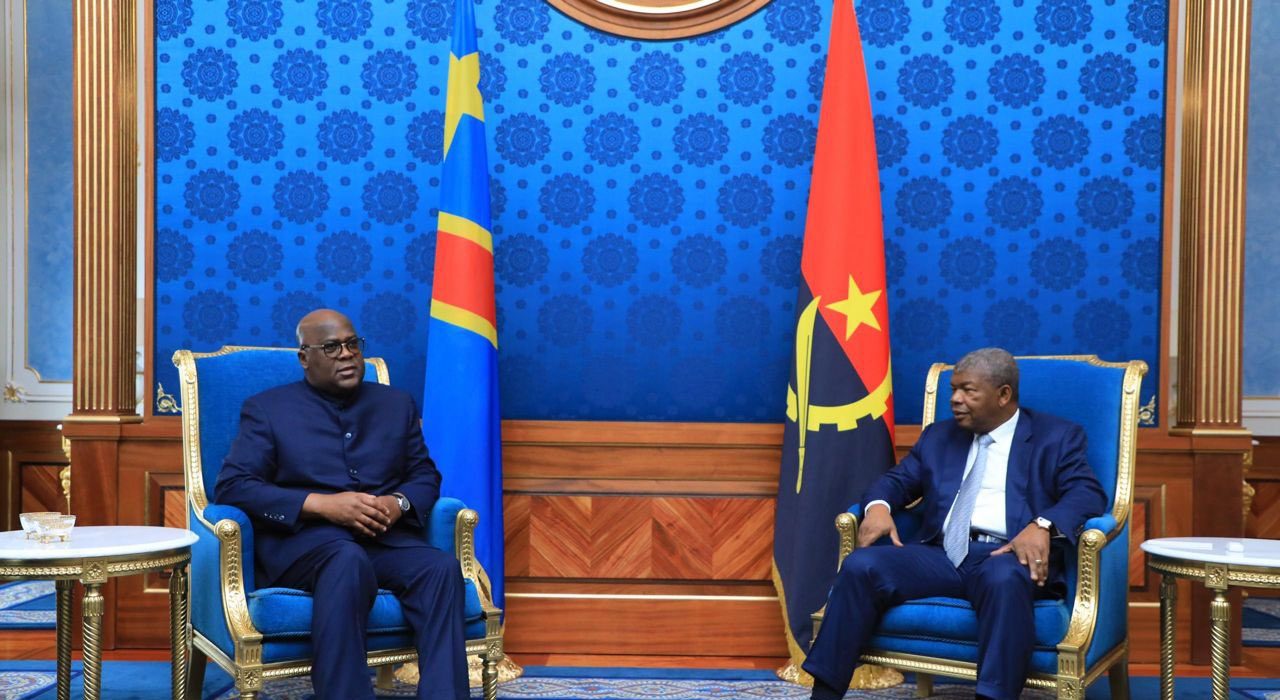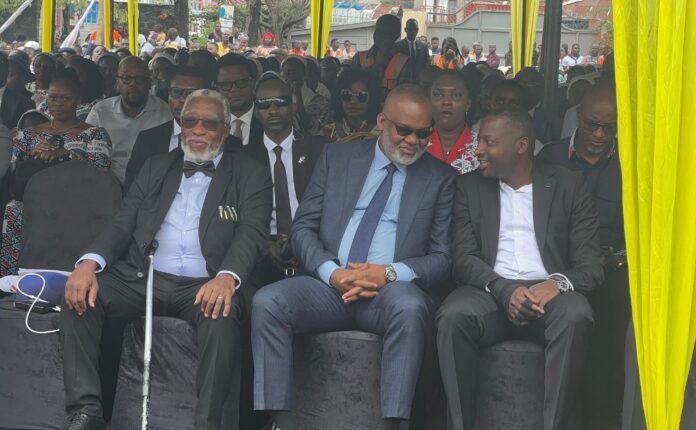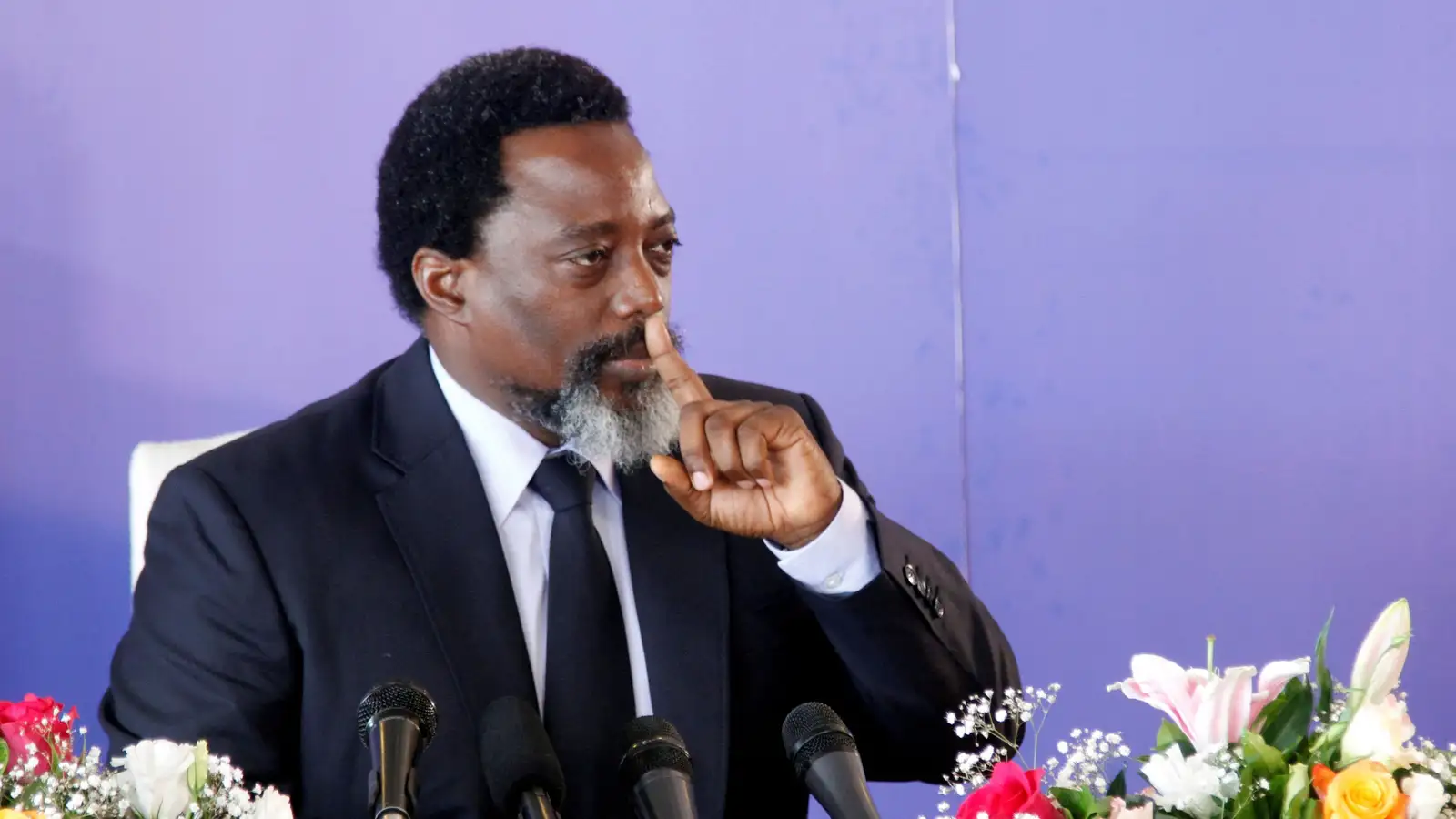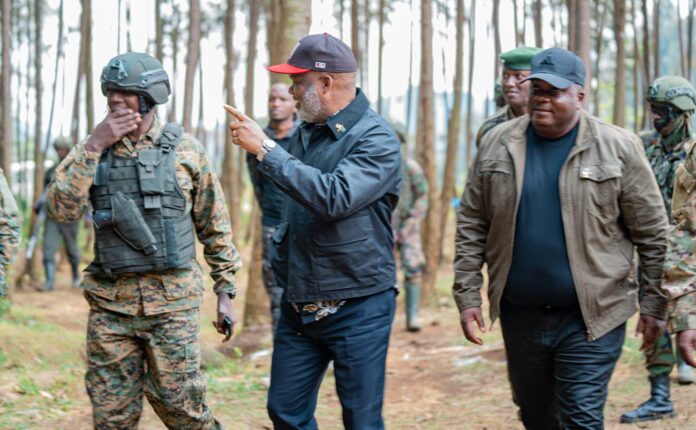In a new diplomatic push, Democratic Republic of Congo (DRC) President Félix Tshisekedi has flown to Angola to request military sanctions against the M23 Movement and the deployment of Angolan troops to the volatile eastern region of his country. However, this move appears to contradict the longstanding advice of Angolan President João Lourenço, who has consistently urged Tshisekedi to engage in direct negotiations with the M23 as the most effective path to peace.
Note: Company, Blog, Church websites are free.
Lourenço, widely respected as a seasoned and pragmatic leader, has pointed out that Angola itself has resolved past conflicts through dialogue rather than prolonged warfare. His stance aligns with international calls for a diplomatic resolution to the conflict in eastern DRC, where violence has displaced hundreds of thousands of civilians. Yet, despite these wise recommendations, Tshisekedi continues to resist negotiations and instead seeks military solutions.
This raises critical questions: Does Tshisekedi fail to grasp the wisdom behind Lourenço’ s approach? Is he driven by tribal or ethnic biases that cloud his judgment? Or is he simply indifferent to the suffering because his own political base is not directly affected by the crisis? Perhaps it is a combination of all these factors.
While it is understandable that Tshisekedi wants to assert national sovereignty and eliminate a rebel group accused of destabilizing the region, history has shown that military solutions alone rarely bring lasting peace. Ignoring diplomatic avenues could further entrench the conflict and prolong the suffering of Congolese citizens caught in the crossfire.
As the crisis in eastern DRC deepens, the question remains: will Tshisekedi heed the wisdom of his Angolan counterpart, or will he continue down a path that risks escalating violence without a clear end in sight?



